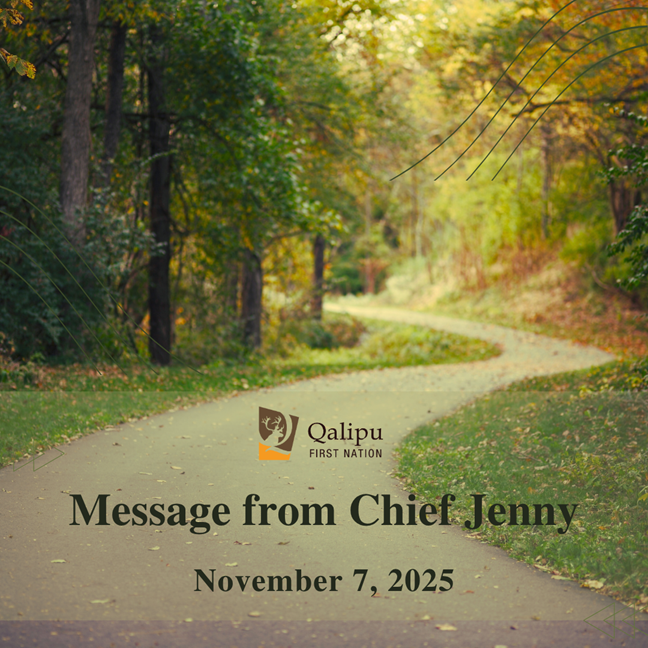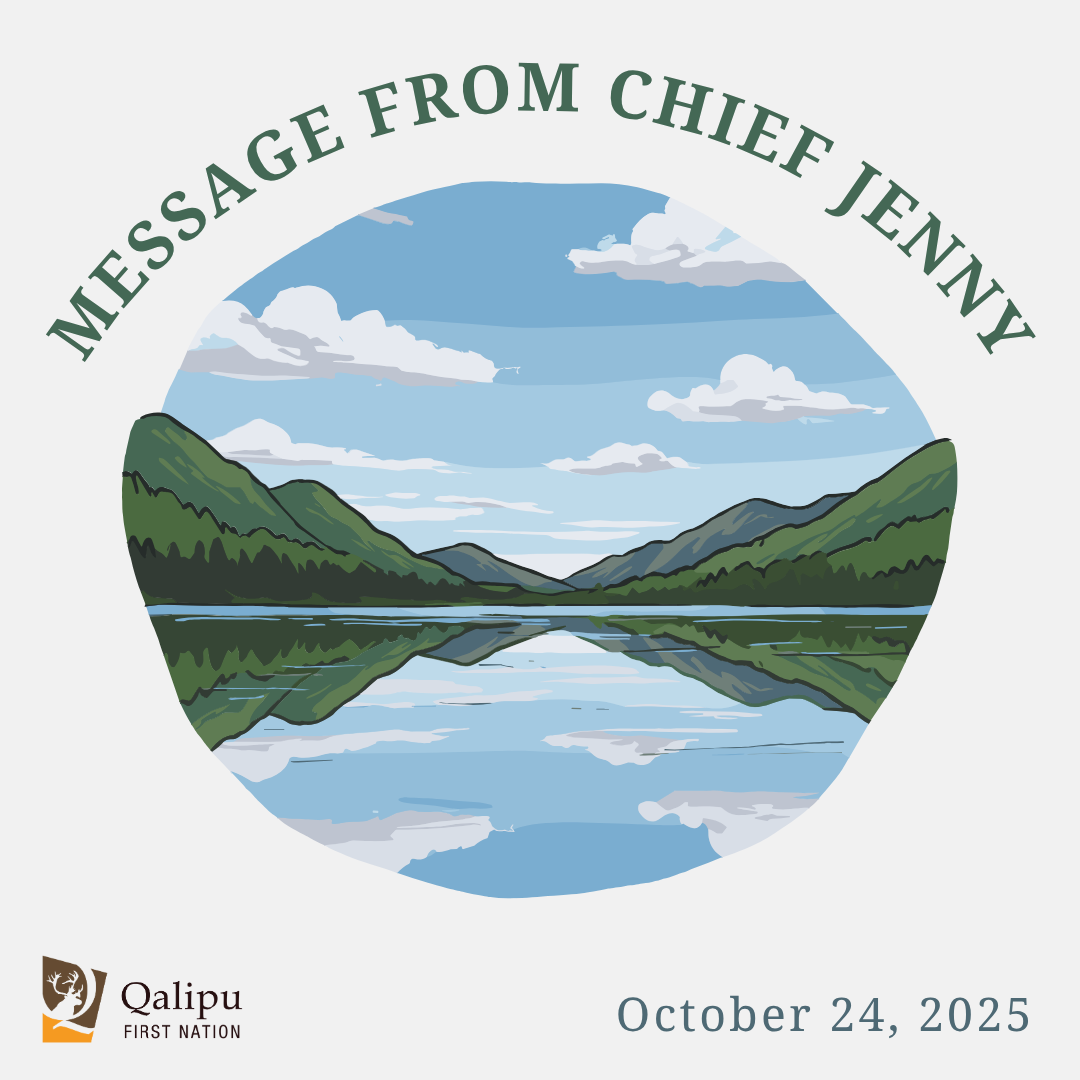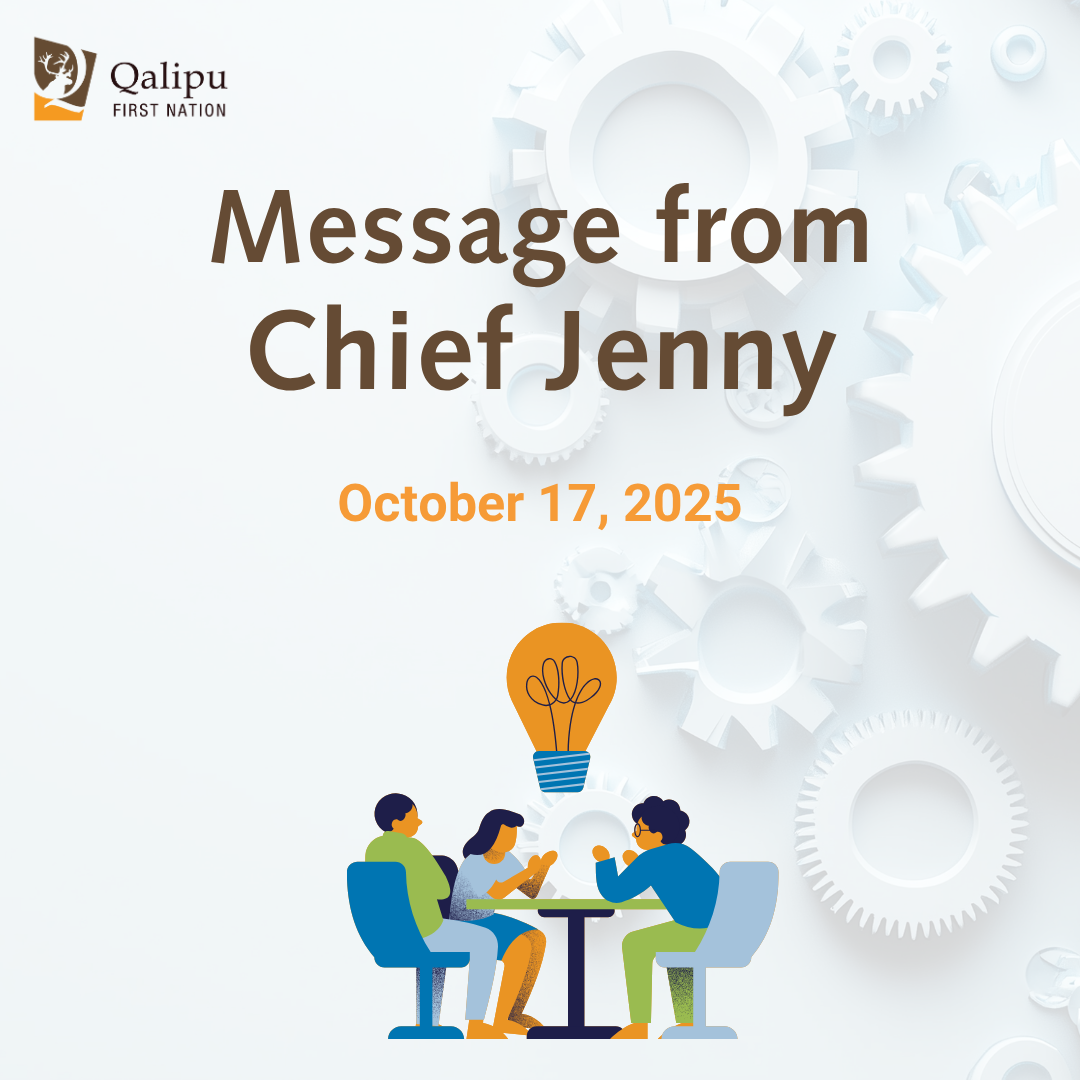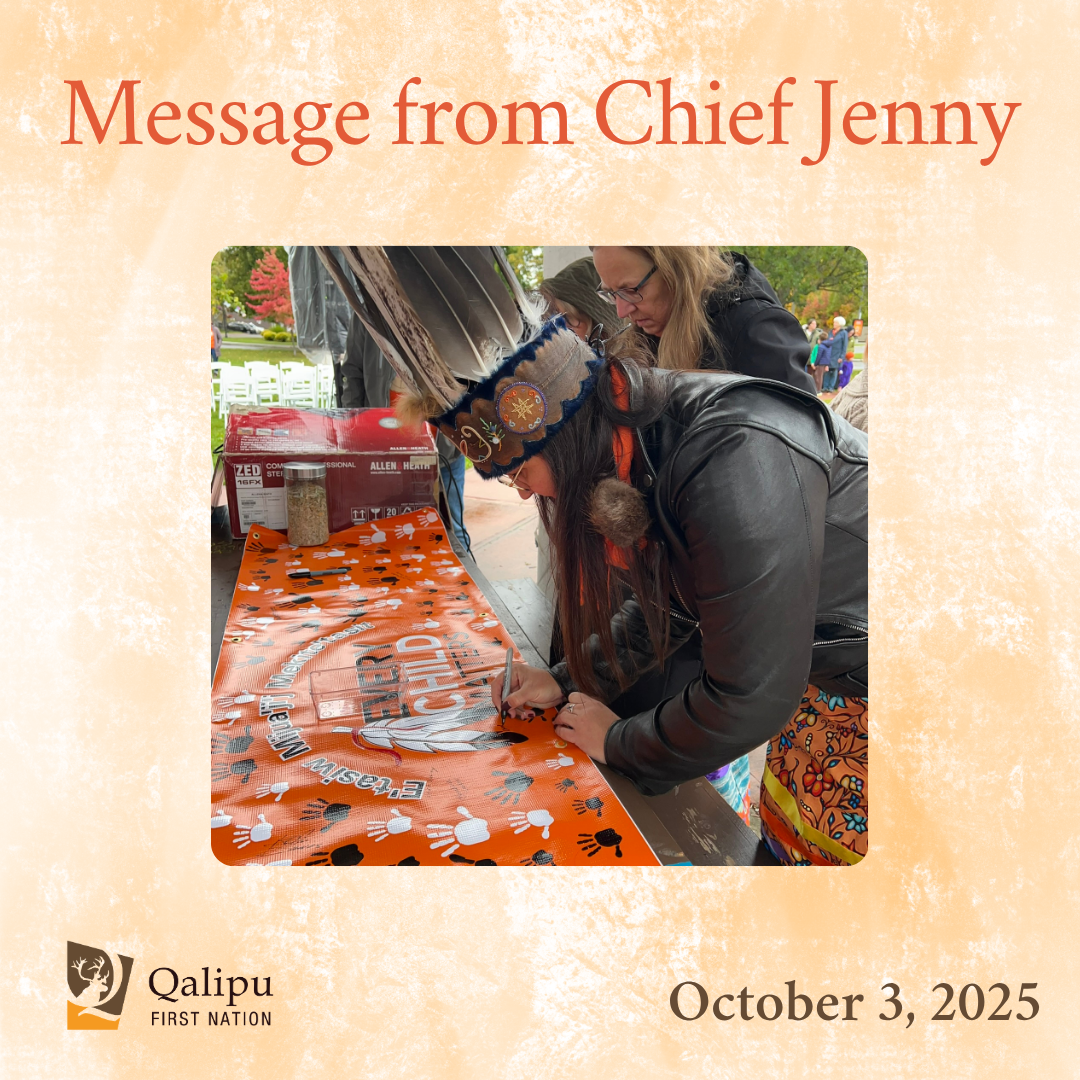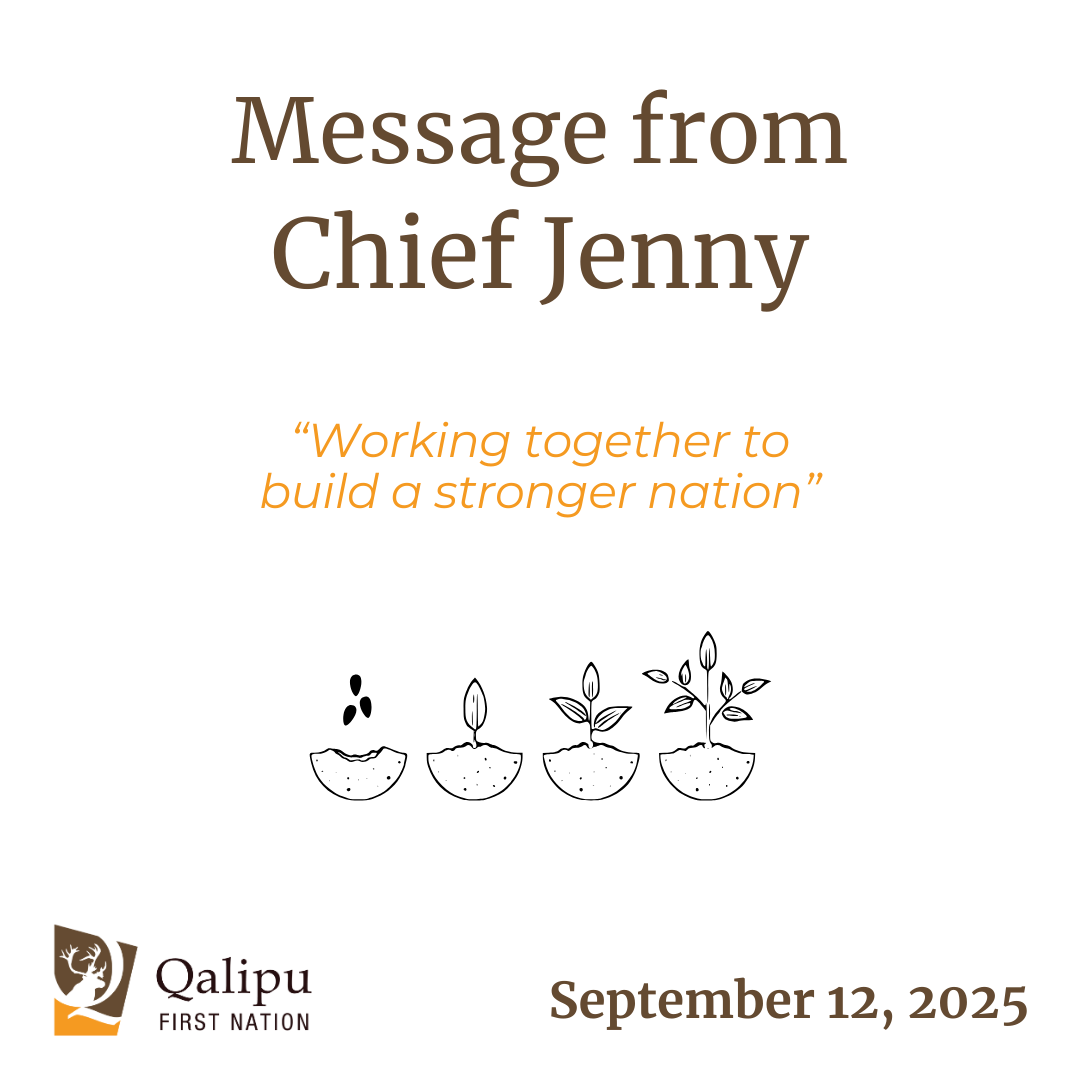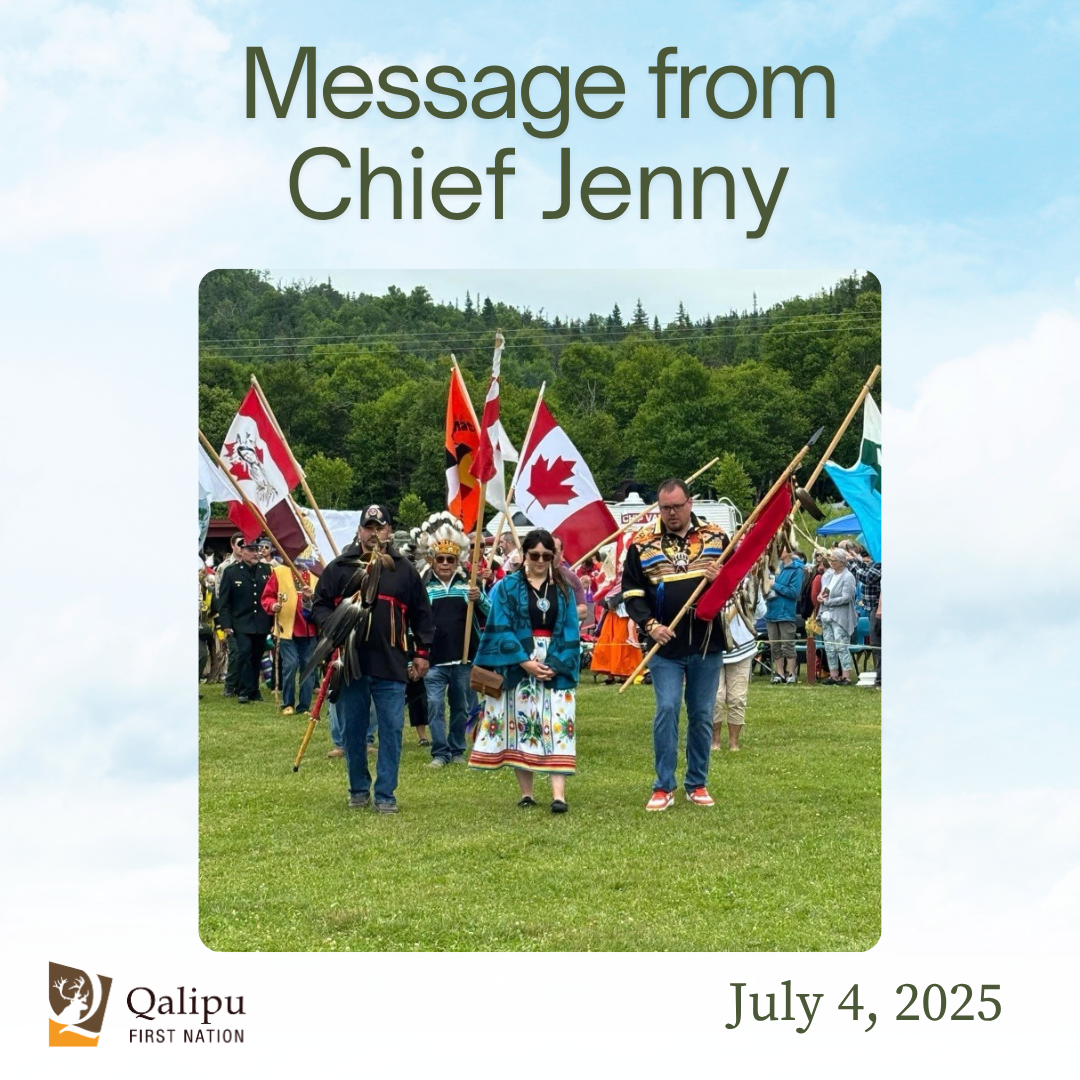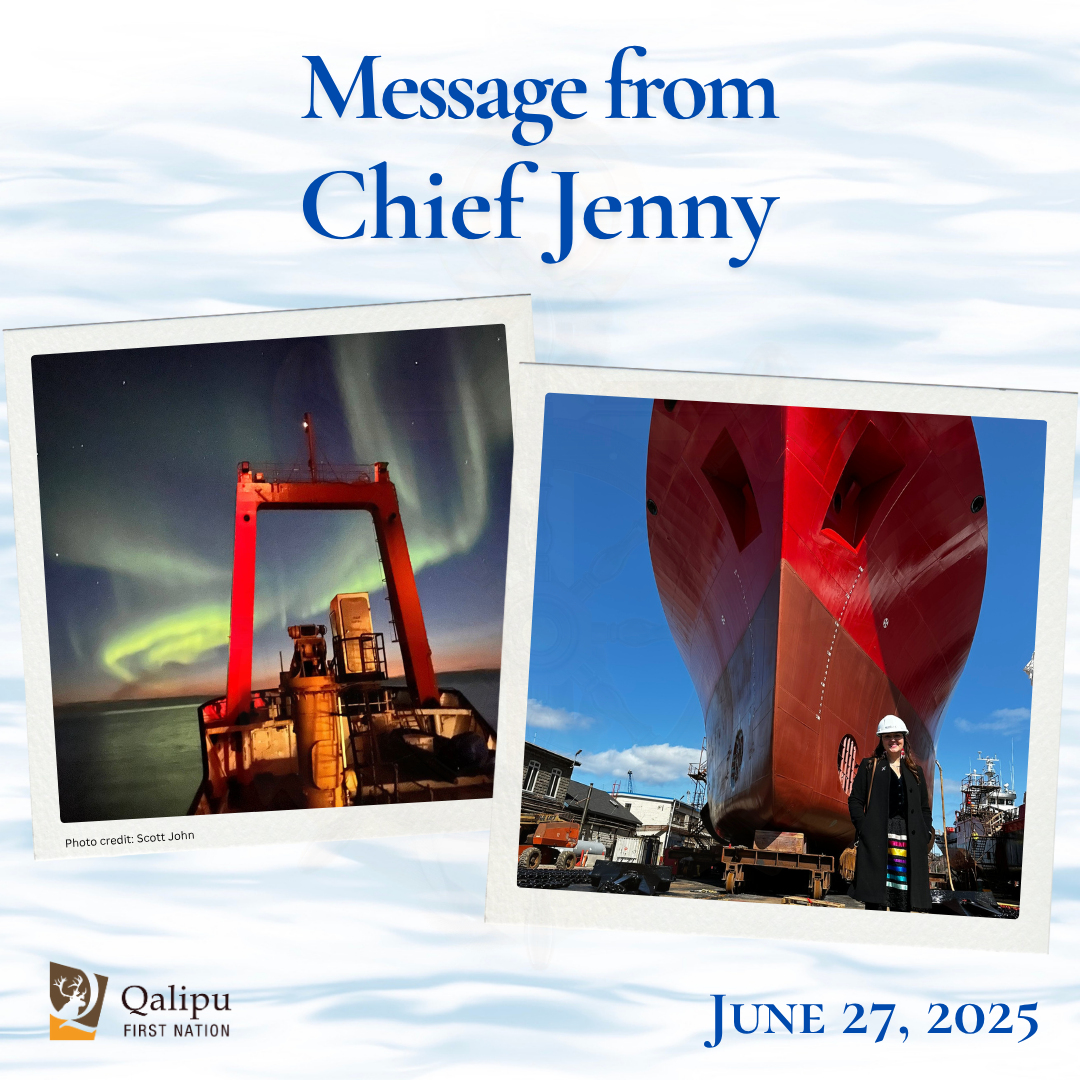This year’s federal budget brings a mix of good and challenging news for Indigenous peoples across Turtle Island. We know the government is working to manage spending, which has led to a small two per cent decrease at federal Indigenous departments, a much smaller reduction than the 15 per cent cuts seen in other areas. Our key programs remain fully supported, giving our members peace of mind.
These reductions are aimed at improving efficiency and reducing duplication, not eliminating essential services. There are encouraging signs that future decisions will involve Indigenous governments more directly, giving us greater input on how priorities and outcomes are set.
While this budget signals a time of change, it also offers a chance to strengthen relationships, enhance accountability, and ensure Indigenous-led outcomes guide the path forward for our Nation.
Separately, we want to address recent rumors about a re-application process. Some members have reached out with concerns about information circulating online. Please be assured that these claims are not true. As always, we encourage everyone to rely on official Qalipu communications for accurate updates, and we will continue keeping our members informed directly.
We remain steadfast in our commitment to our members and our communities. By working together and staying engaged, we will ensure that the decisions made today lead to lasting benefits and opportunities for our Nation.

